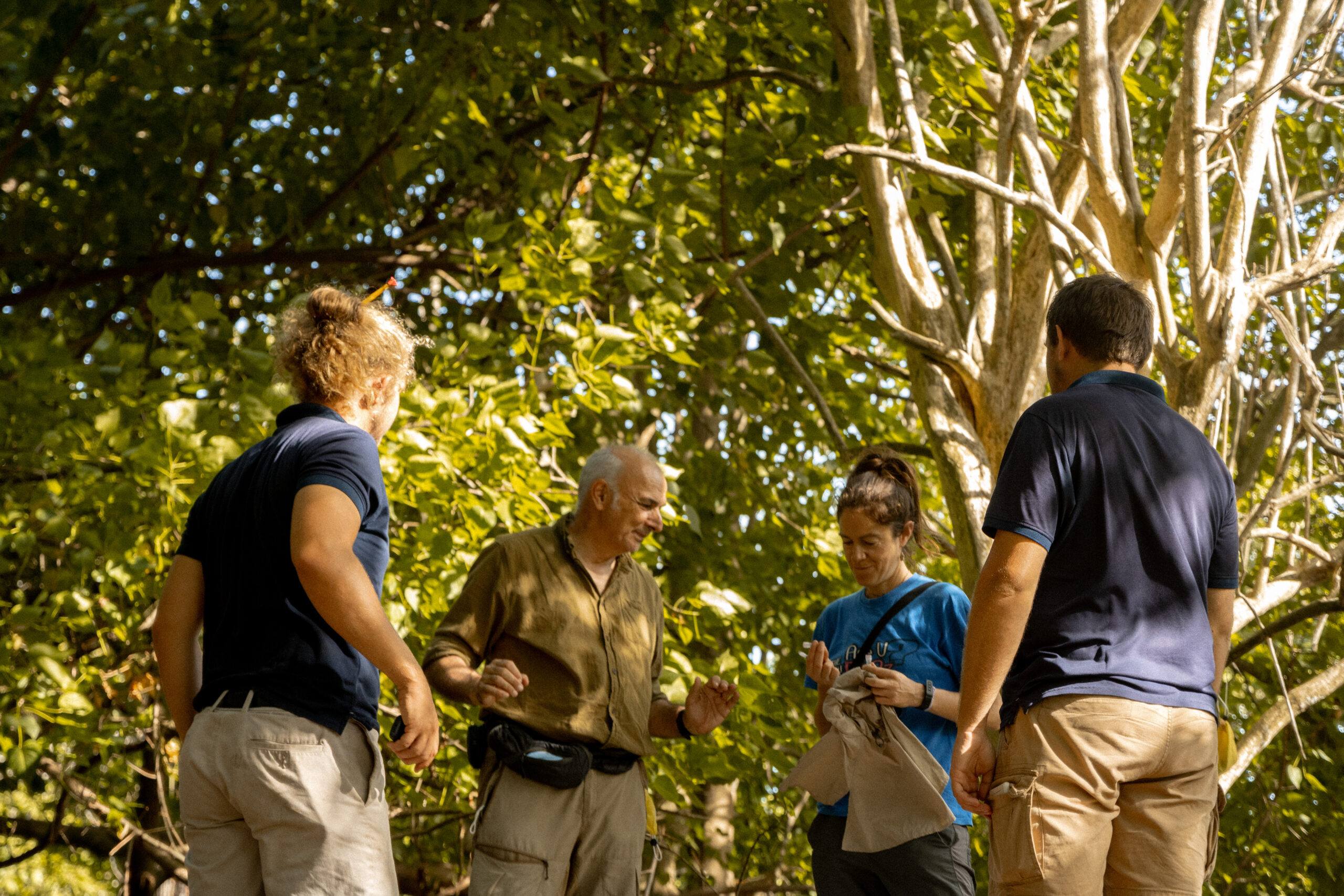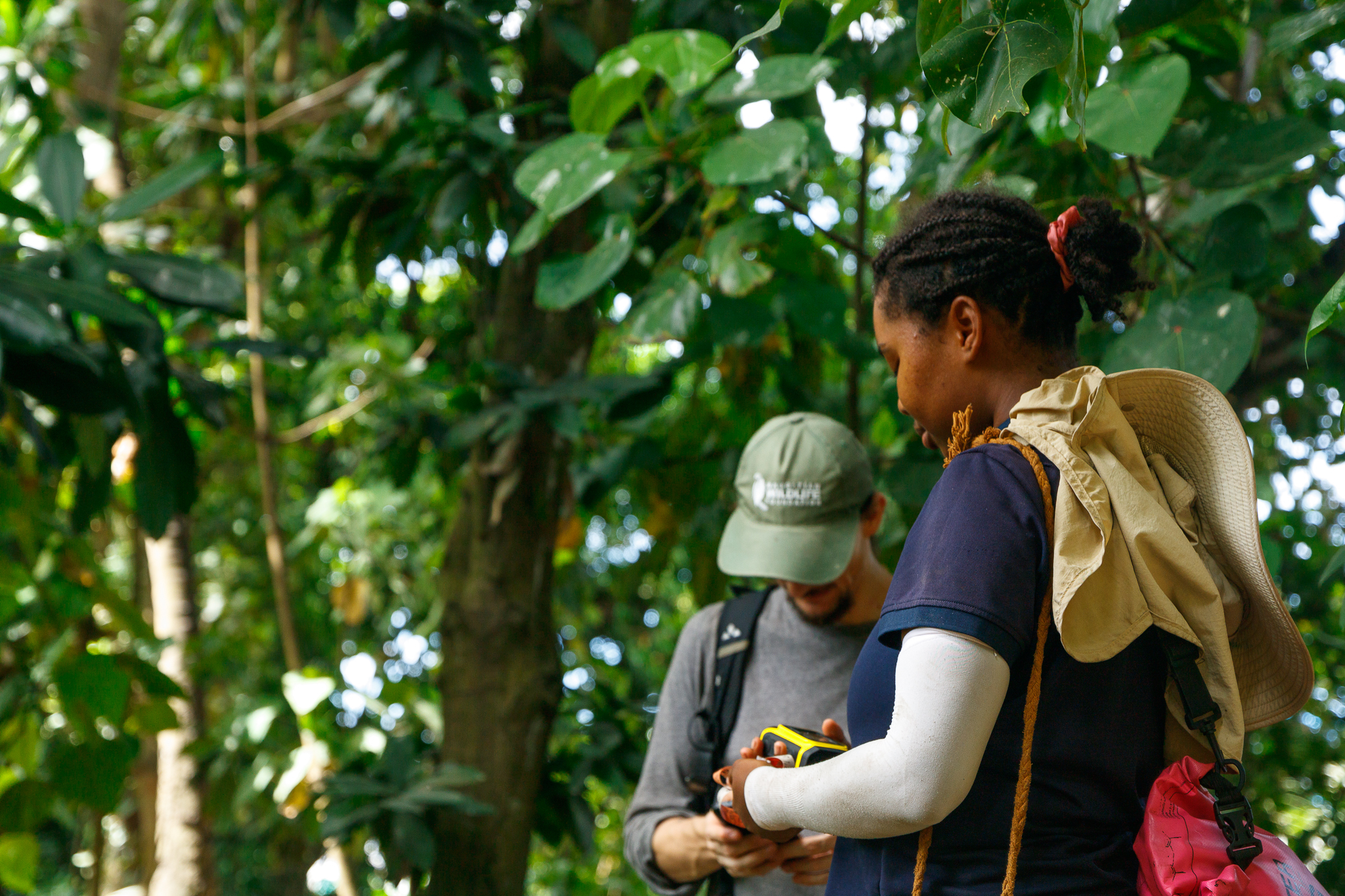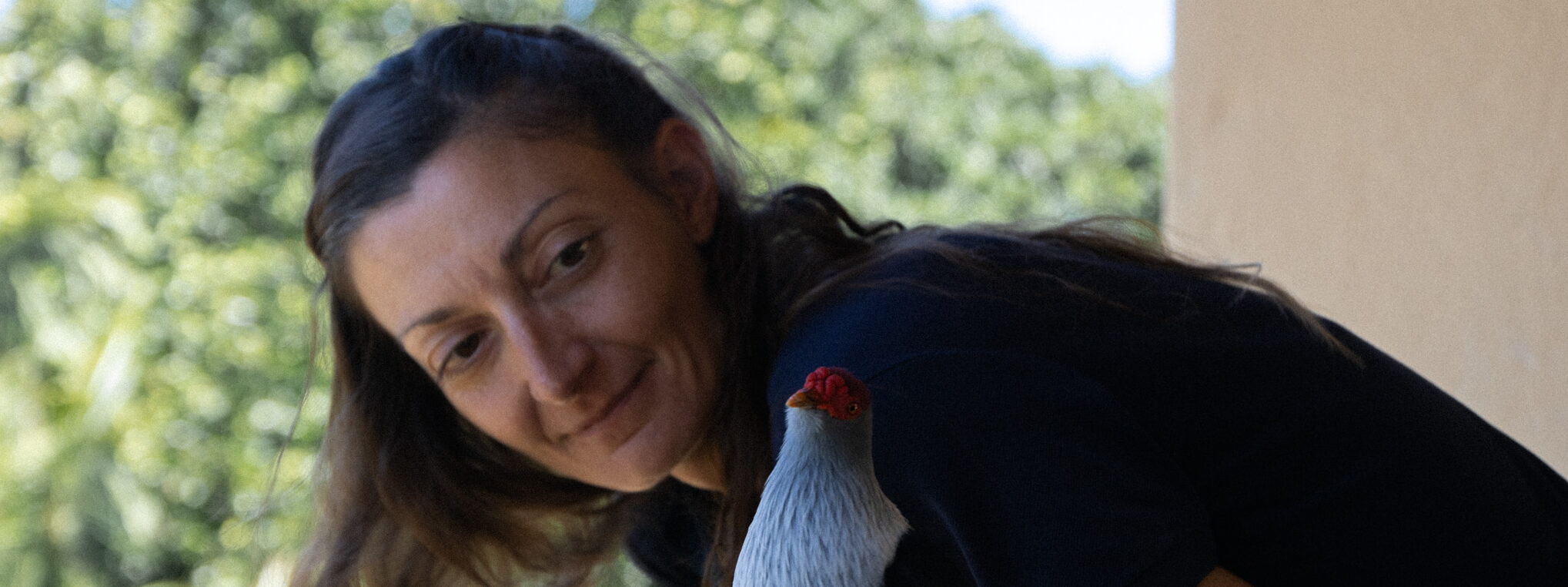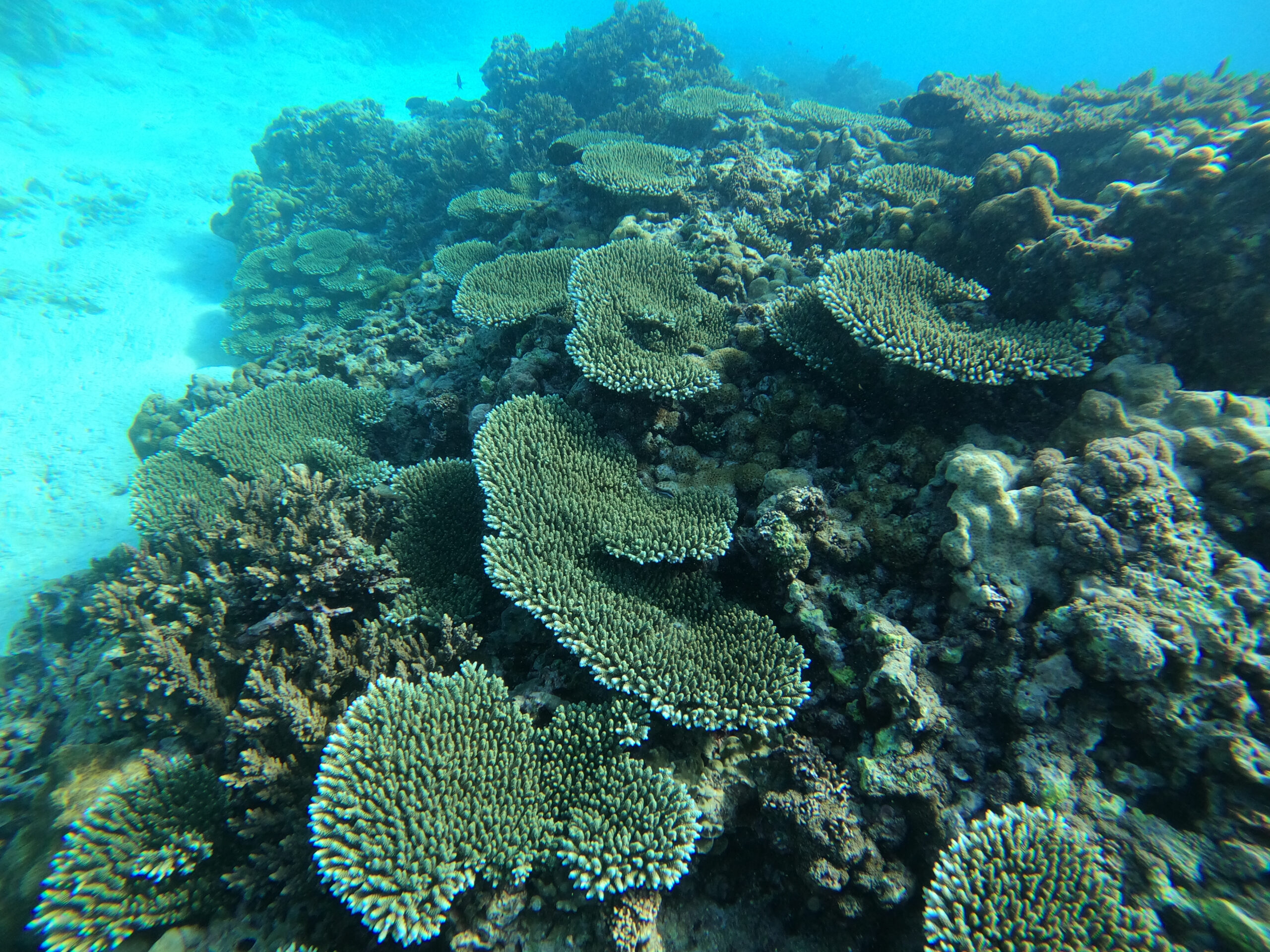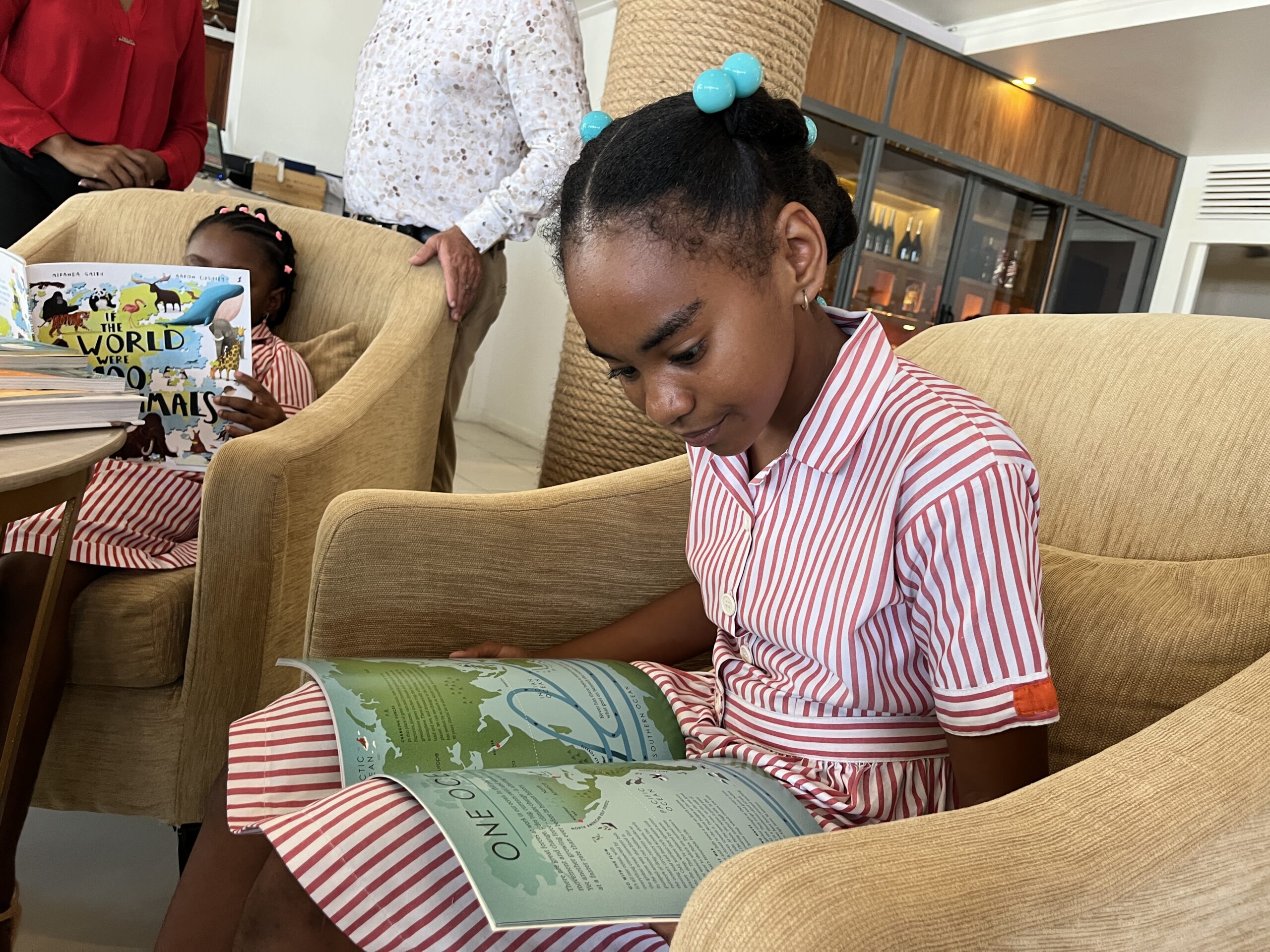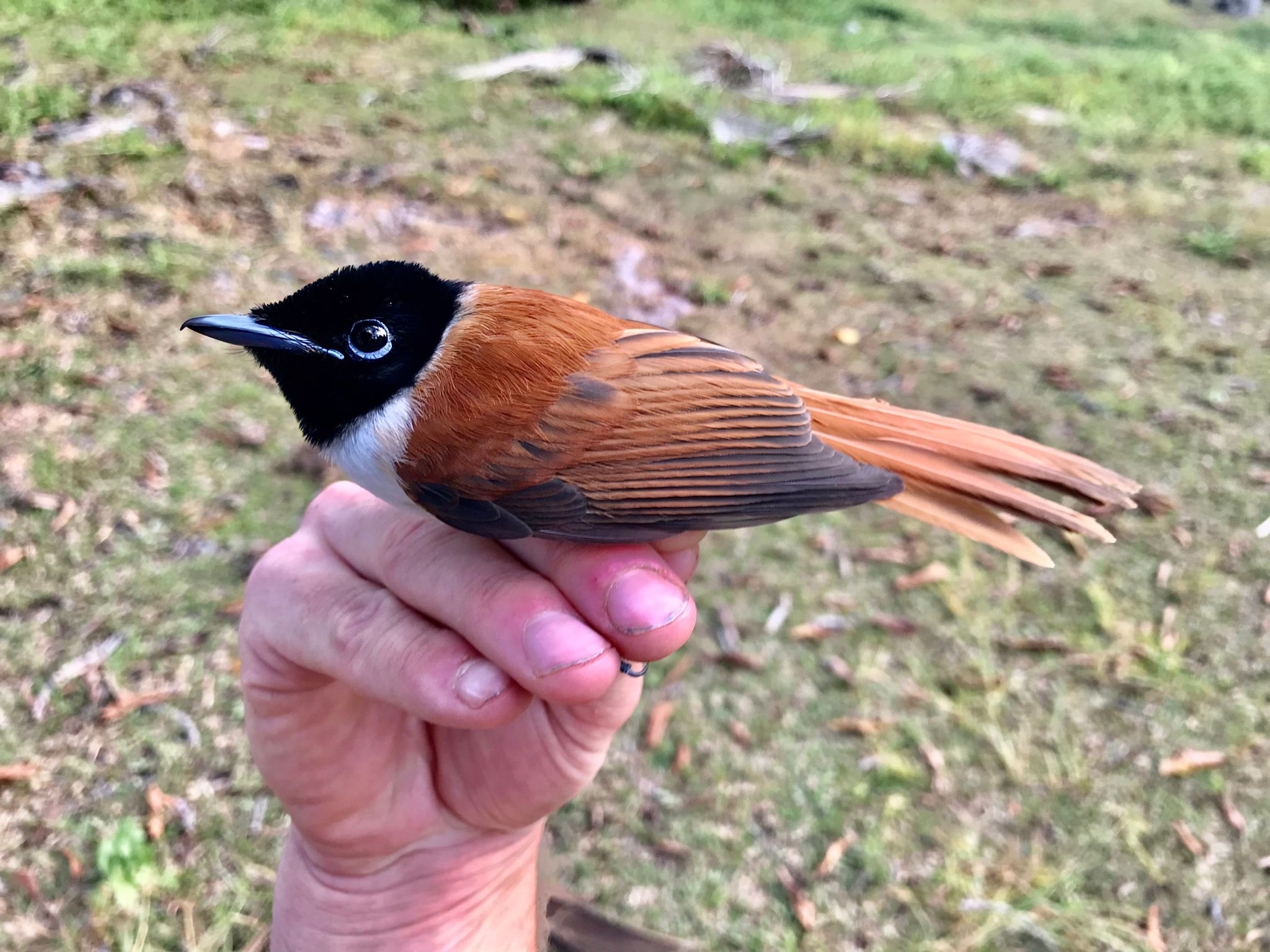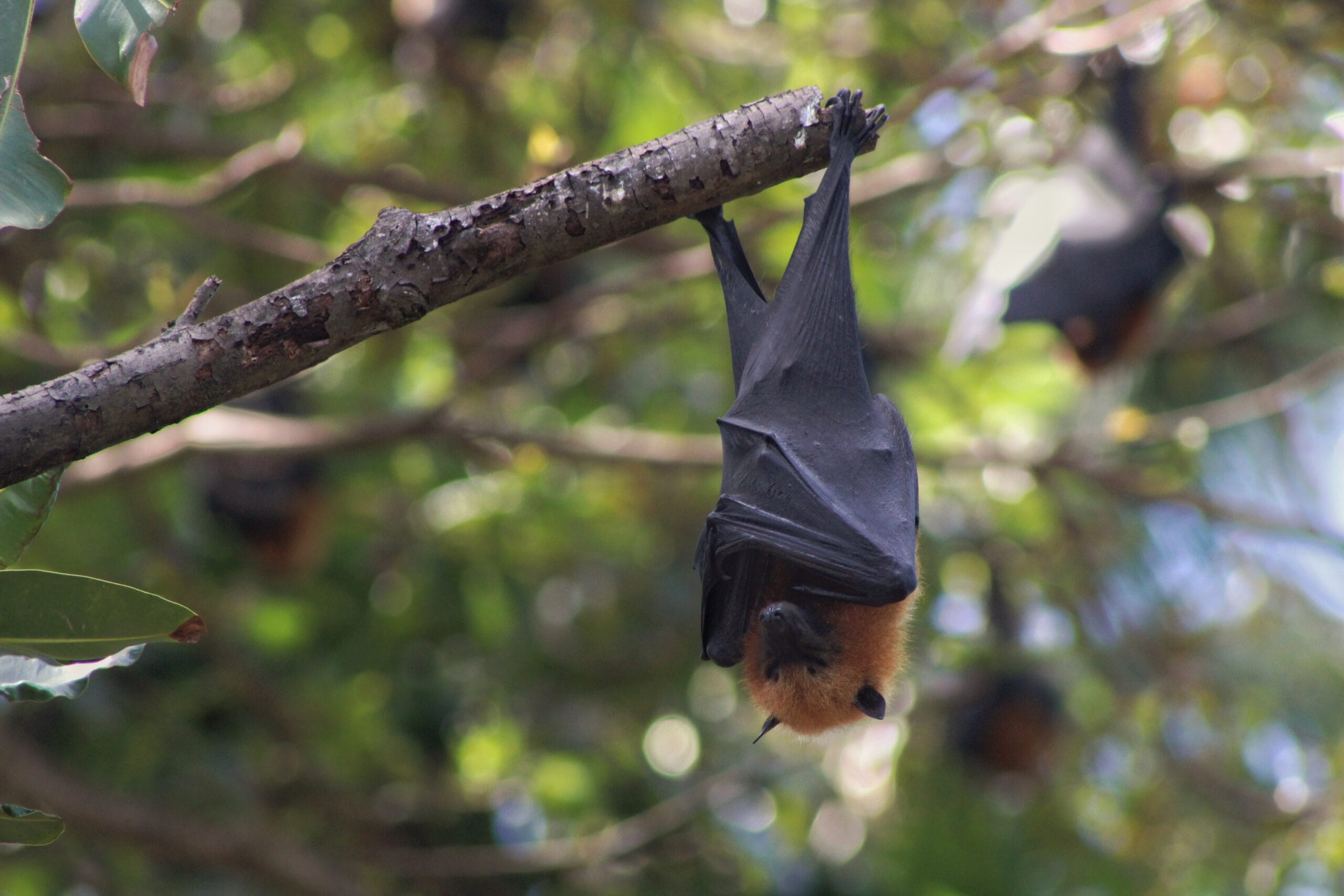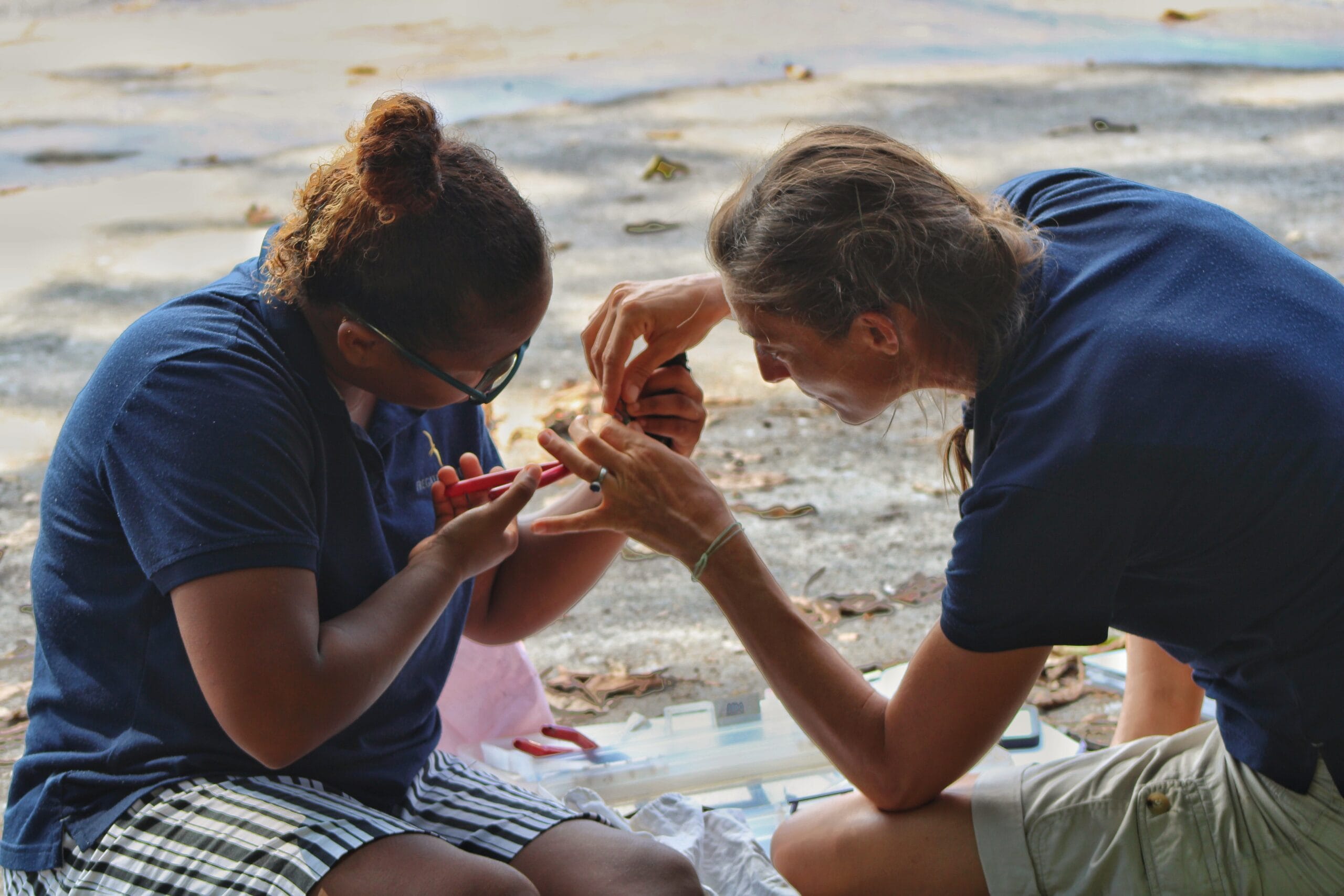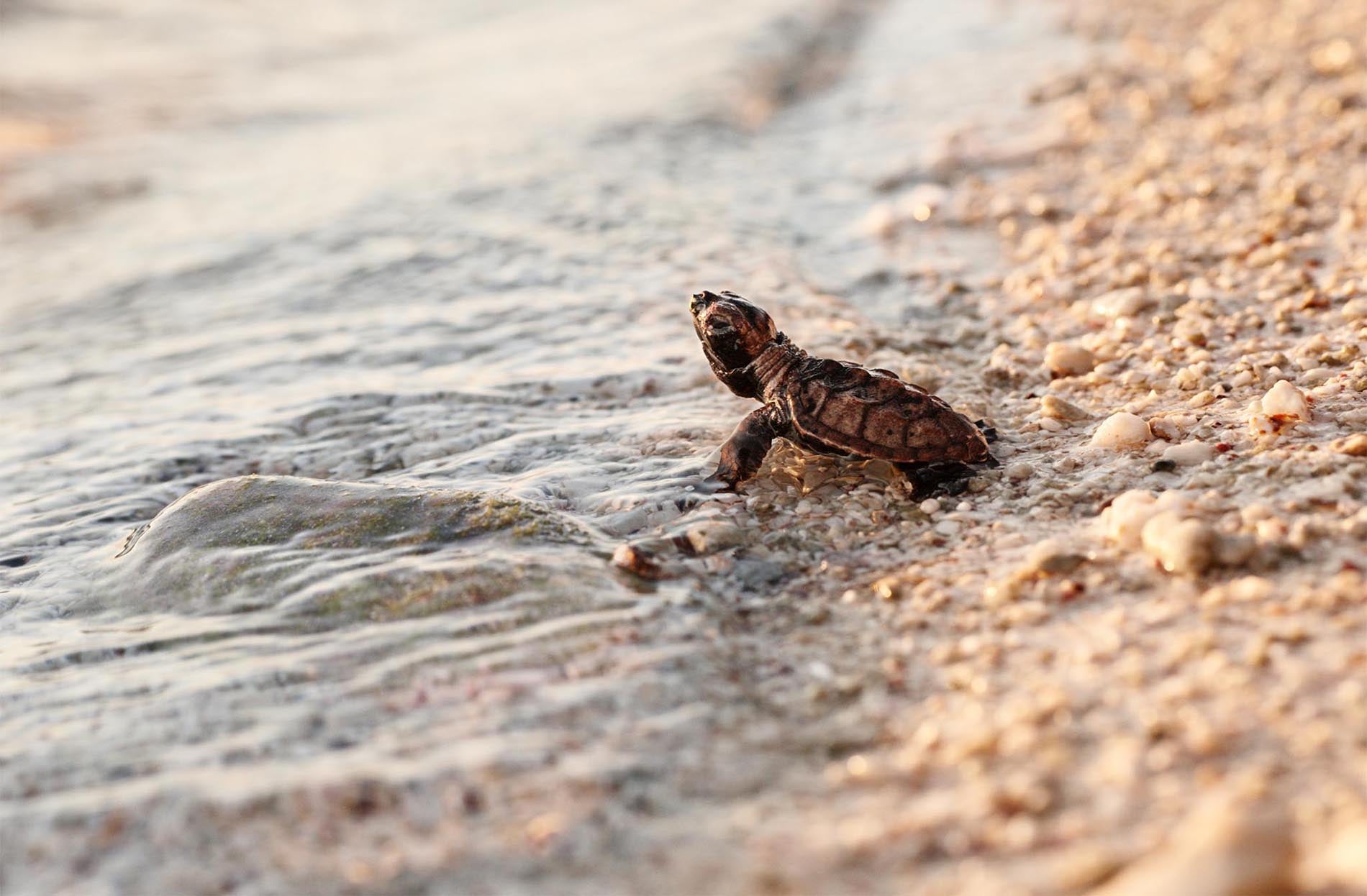Hawksbill Turtles: Satellite Tagging
Hawksbill Turtles: Satellite Tagging
In December 2023, our conservation team at Fregate Island, in collaboration with esteemed researchers Prof Graeme Hays (Deakin University, Australia), Dr Nicole Esteban (Associate Professor in Marine Biology, Swansea University, UK), Dr Jeanne Mortimer (Turtle Action Group Seychelles) and Nupur Kale (Ph.D. student, Swansea University, UK), embarked on a mission — the satellite tagging of hawksbill turtles.
This project involved extensive physical labor and meticulous preparations:
Beach Patrols: Our dedicated team patrolled the beaches during the day, diligently locating nesting female hawksbills.
Protective Measures: After nesting, a wooden box was placed around each turtle to prevent their return to the sea.
Shaded Setup: The turtle and box were shaded, providing a comfortable environment for the tagging process.
Secure Attachment: The transmitter was attached using quick-setting epoxy, ensuring a reliable and non-invasive connection.
Anti-Fouling Protection: To safeguard the transmitter, a layer of anti-fouling paint was applied.
Epoxy Setting: The attachment process took about 1-2 hours, allowing ample time for the epoxy to securely set.
Release: Once the process was complete, the turtles were gently released back into their natural habitat.
In total, 10 female hawksbill turtles were equipped with satellite tags, offering an unprecedented opportunity to delve into the mysteries of their foraging habits, migration routes, diving behavior, post-nesting migrations and inter-nesting behavior.




